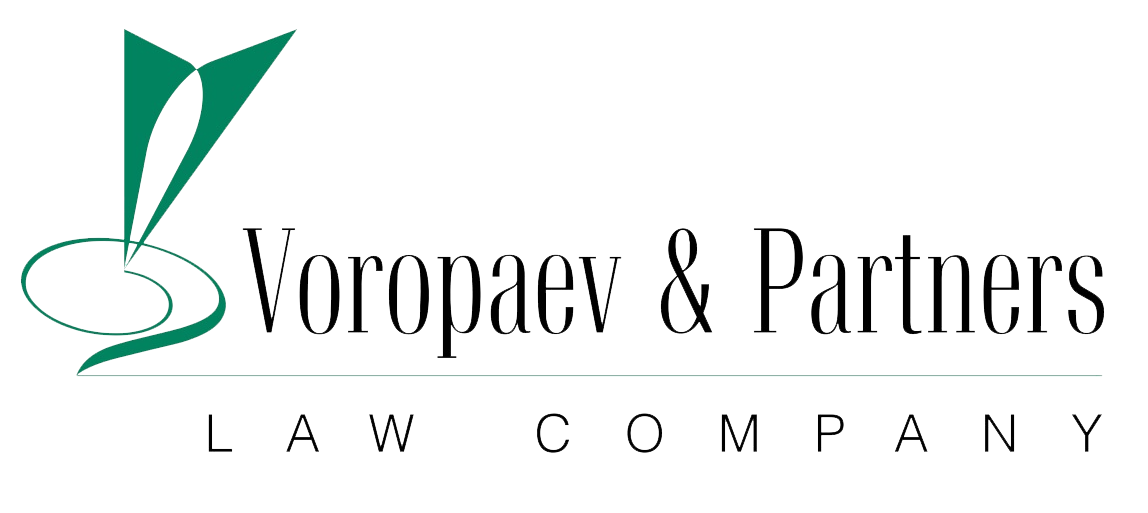
The end of winter 2021 “gave” representatives of Ukrainian business four bills, which are proposed to amend the Tax Code and some other laws in order to introduce a tax amnesty. However, what is the main purpose of the amnesty? According to studies of the shadow economy in Ukraine, almost 25 percent of the market is in the shadow. Accordingly, the budget does not receive at least a quarter of taxes and fees that must be paid in accordance with the law.
The tax amnesty provides for the opportunity to pay a one-time fee at rates that are lower than those established by law for income taxation, and the tax payment deadlines for which have already expired. At the same time, such payers cannot be held administratively or criminally liable for late payment of taxes. In order to realize this possibility, it is proposed to introduce a one-time (special) voluntary declaration (or as it is commonly called “zero declaration” in everyday life). This is a special procedure for the voluntary declaration of assets that belong to a person if they were received from income that was subject to taxation in Ukraine and from which taxes were not paid during any of the tax periods until January 01, 2021.
The declaration can be submitted both in electronic form and in simple written form. The declaration can be submitted both in person and through an authorized representative (notary) in the form of an impersonal one-time declaration. In the case of filing an impersonal declaration, the declarant draws up and personally submits the declaration in writing and submits it to the notary along with certified copies of documents that confirm that the person has assets on which taxes have not been paid. At the same time, an agreement is concluded between the declarant and the notary on the filing of an impersonal declaration, which indicates a special code-identifier of the declarant, which is provided to the notary by the State Tax Service.
In accordance with the bills, the declaration is proposed from July 01, 2021 to July 01, 2022. During this period, declarants can submit declarations, as well as clarifications and amendments to them, if necessary.
Given that the declaration indicates the assets owned by a person, a logical question arises: what will be considered the basis for calculating the fee from a one-time (special) voluntary declaration? The base will be the monetary value of the relevant declaration object or the nominal value of the monetary claim. The declarant must necessarily document the monetary value of such objects. In the case of filing an impersonal declaration, documents confirming the value are submitted along with the original declaration and are subsequently kept only by a notary. It is important that the valuation is carried out in accordance with the laws of the country in which such an asset is located. The amount of the fee depends on the location of the asset, and there is also a special rate for government bonds. So, it is proposed to set the following rates:
- 5% — for objects located in Ukraine;
- 9% — for objects located abroad;
- 2.5% — from the face value of government bonds of Ukraine with a turnover period of more than 365 days without the right to early redemption, which were purchased by the declarant in the period from January 01, 2021 to June 20, 2022 before filing the declaration.
For the purposes of a special declaration, the declarant must place funds in national and foreign currencies in cash and / or in the form of bank metals on current accounts with a special mode of use in Ukrainian banks before submitting the declaration. The bank ensures the placement of funds on a special account after verifying the identity of the declarant and establishing the source of origin of such assets, which in general is contrary to the norm, which states that the declaration does not indicate information about the sources of receipt of the declared objects by the declarant.
However, not all assets will be subject to declaration. So, if a person does not use his right to file a one-time (special) voluntary declaration, objects are considered to be those for which taxes and fees have been fully paid if they are:
- assets, the total value of which does not exceed UAH 400,000 as of the end date of the voluntary declaration period;
- immovable property owned by the declarant as of the end date of the voluntary declaration period, which does not exceed the following parameters:
- residential property – apartment or property rights to an apartment up to 120 m2, residential building up to 240 m2;
- non-residential real estate – up to 60 m2;
- land plots, the size of which does not exceed the free transfer rate in accordance with Article 121 of the Land Code of Ukraine.
- one vehicle for personal use and transportation of less than 10 persons, the ownership of which was registered in accordance with the legislation of Ukraine as of the end date of the declaration period.
These assets are not subject to a one-time (special) voluntary declaration fee.
Thus, these bills offer a kind of compromise between the state and business representatives regarding filling the budget by returning unpaid taxes at a reduced rate to the state treasury. However, the experience of foreign countries was not always positive, and in some countries, after the tax amnesty, declarants were still held liable for taxes not paid on time.
If you are a representative of a business or an individual and you are not completely sure how a tax amnesty could potentially affect your fortune, our specialists are always ready to conduct an appropriate analysis and identify the risks that may arise in connection with a tax amnesty and suggest ways minimizing them.
For information regarding services, you can contact tel. +38 (063) 388 81 20, e-mail: info@voropaevltd.com.ua

